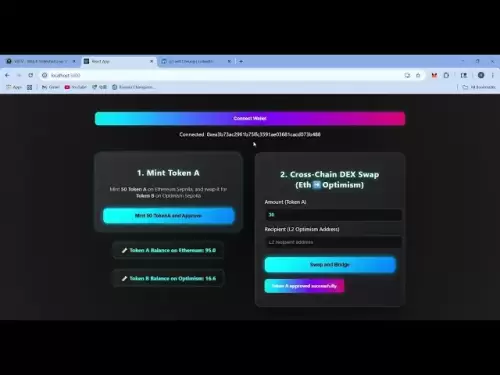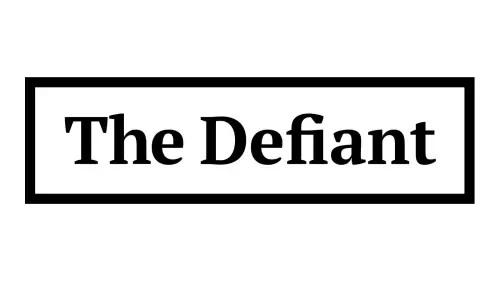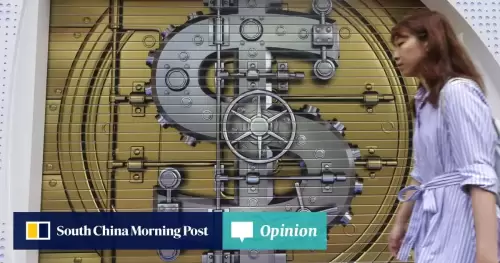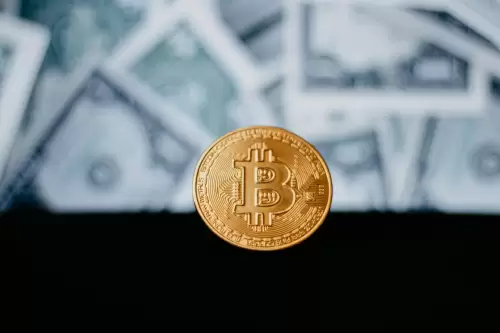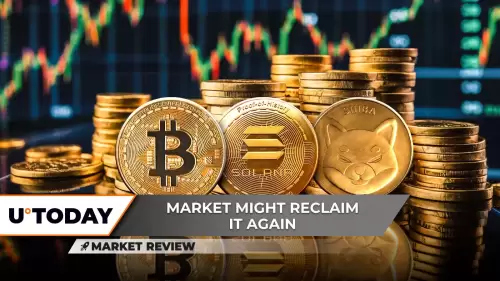Robinhood's OpenAI stock tokens spark controversy! An Ethereum wallet distributing the tokens is linked to a risky crypto user. Get the inside scoop!
Robinhood's foray into tokenized stocks, particularly those linked to OpenAI, has stirred up quite the drama. The story involves a dash of meme NFTs, a sprinkle of high-risk trading, and a whole lot of questions about the future of securities investing.
The Curious Case of the Robinhood-OpenAI Tokens
Robinhood launched "stock tokens" for EU customers, mirroring real-world stocks and even hinting at including private companies like OpenAI. To sweeten the deal, they offered €5 worth of OpenAI and SpaceX tokens to new sign-ups. Sounds pretty cool, right?
OpenAI's Unexpected Rejection
Not so fast. OpenAI threw a curveball, bluntly denying any partnership with Robinhood and warning users about the tokens. "These 'OpenAI tokens' are not OpenAI equity," they declared on X. "We did not partner with Robinhood, were not involved in this, and do not endorse it." Ouch!
Robinhood's Response: A Special Purpose Vehicle?
Robinhood responded by saying that these tokens give retail investors indirect exposure to private markets, enabled by Robinhood’s ownership stake in a special purpose vehicle. But this begs the question: What exactly is this vehicle, and how does it all work?
Wallet History: A Glimpse into the Token Distributor
The plot thickens! Coinbase executive Conor Grogan discovered that the Ethereum wallet distributing these controversial OpenAI tokens is linked to a trader with a rather colorful past. This trader minted a Desperate Ape Wife NFT and lost $15,000 on Hyperliquid, suggesting a high-risk appetite. Further digging revealed connections to a FriendTech account belonging to a Robinhood product manager. It's like a crypto soap opera!
Market Enthusiasm vs. Legal Concerns
Despite the controversy, Robinhood shares surged to a record high. SEC Chair Paul Atkins even called stock tokenization an "innovation" worth watching. However, legal analysts and Web3 observers are raising concerns about the implications of launching such unapproved tokens. It's a classic case of innovation outpacing regulation.
My Two Satoshis
While tokenizing stocks could democratize access to investment, especially in private companies, the lack of clear regulatory frameworks and the potential for confusion are real concerns. OpenAI's swift rejection highlights the importance of transparency and proper partnerships in this space. Plus, the wallet's history is a great reminder of the wild west nature of crypto.
Final Thoughts
So, what's the takeaway? The Robinhood-OpenAI token saga is a fascinating case study in the evolving world of crypto and finance. It's a reminder to always do your research, be cautious about unapproved ventures, and maybe, just maybe, avoid taking financial advice from someone who lost a fortune on Hyperliquid. Stay tuned, folks, because this story is far from over!







































